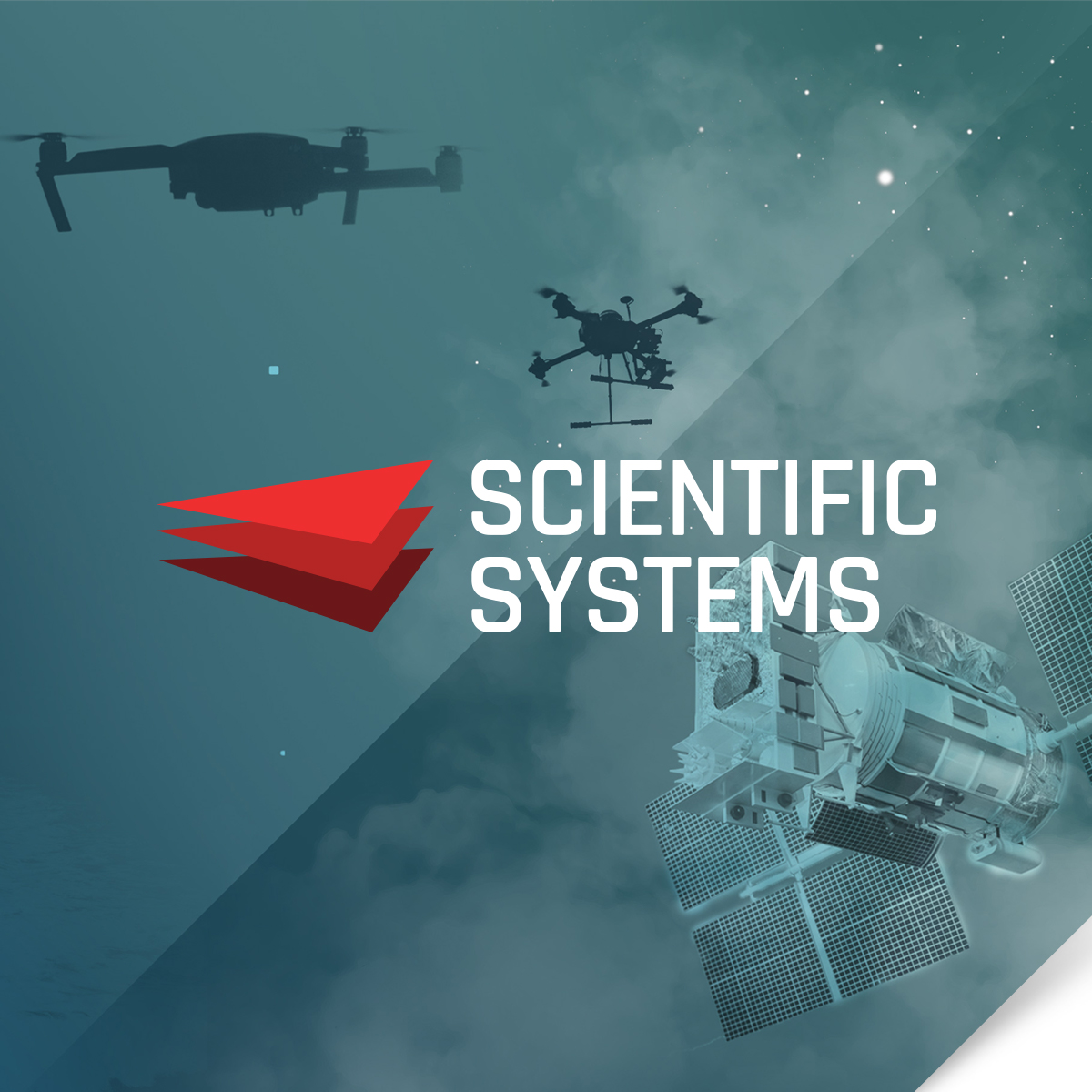SSCI Government: A Comprehensive Guide To Understanding Its Role And Impact
SSCI government is a term that often comes up in discussions about national security and intelligence. But what exactly does it mean? Why is it so important? In this article, we're diving deep into the world of SSCI, exploring its functions, significance, and how it impacts everyday life. If you're curious about the inner workings of government oversight, you're in the right place.
Now, let's get real here. The world of government and intelligence can seem like a maze of acronyms and jargon. But don't worry—we're breaking it down for you in a way that's easy to digest. SSCI, or the Senate Select Committee on Intelligence, plays a crucial role in keeping our nation safe. This article will take you on a journey through its history, responsibilities, and the challenges it faces in today's rapidly changing world.
Whether you're a political junkie or just someone who wants to understand how the government works, this guide is for you. By the end of this article, you'll have a clearer picture of why SSCI government matters and how it affects us all. So, grab a coffee, get comfy, and let's dive in!
- Pacheco Kansas City Chiefs Unveiling His Inspiring Parents
- The Stanbury Dynasty Unraveling Caroline Stanburys Ancestry
What is SSCI Government?
Let's start with the basics. SSCI government refers to the Senate Select Committee on Intelligence, a powerful committee within the U.S. Senate. Established in 1976, its primary role is to oversee the intelligence community, ensuring that it operates efficiently and within legal boundaries. Think of it as the watchdog of the intelligence world, keeping an eye on everything from covert operations to data collection.
Now, you might be wondering why this committee is so important. Well, in a world where national security is more critical than ever, having a dedicated group of senators monitoring intelligence activities is essential. They ensure that the intelligence community is doing its job properly and not overstepping its bounds. It's like having a referee in a high-stakes game, making sure everyone plays by the rules.
Key Responsibilities of SSCI
- Overseeing intelligence operations
- Conducting investigations into intelligence failures
- Approving budgets for intelligence agencies
- Reviewing classified information and reports
These responsibilities might sound straightforward, but they involve a lot of behind-the-scenes work. SSCI members have access to classified information that most people never see, allowing them to make informed decisions about national security. It's a tough job, but someone's gotta do it, right?
The History of SSCI Government
To truly understand SSCI government, we need to look back at its origins. The committee was established in the aftermath of the Watergate scandal and other intelligence controversies. Congress realized that there needed to be more oversight of the intelligence community to prevent abuses of power. Thus, the SSCI was born.
Since its creation, the committee has undergone several changes and faced numerous challenges. From dealing with the aftermath of 9/11 to navigating the complexities of modern cybersecurity threats, the SSCI has had its hands full. But through it all, its mission remains the same: to protect the nation while respecting civil liberties.
Evolution of SSCI Over the Years
Over the decades, the SSCI has evolved to meet the changing needs of the intelligence community. Here are some key milestones:
- 1976: Establishment of the committee
- 1980s: Expansion of oversight responsibilities
- 2001: Increased focus on counterterrorism after 9/11
- 2010s: Emphasis on cybersecurity and digital threats
Each of these milestones reflects the committee's adaptability and commitment to staying relevant in an ever-changing world. It's a testament to their dedication that they continue to play such a vital role in national security.
How Does SSCI Impact National Security?
Now, let's talk about the real-world impact of SSCI government. When it comes to national security, the SSCI is a key player. They work closely with intelligence agencies like the CIA, FBI, and NSA to ensure that our nation is protected from both domestic and foreign threats.
But their impact goes beyond just overseeing operations. The SSCI also plays a crucial role in shaping policy and legislation related to intelligence. They review and approve budgets, conduct investigations, and make recommendations for improvement. It's like having a team of experts constantly evaluating and fine-tuning the system to make it better.
Examples of SSCI Contributions
Here are a few examples of how the SSCI has made a difference:
- Investigating intelligence failures leading up to 9/11
- Overseeing the implementation of the USA PATRIOT Act
- Reviewing surveillance programs like PRISM
These examples show just how vital the SSCI is in maintaining national security. Without their oversight, it's possible that some of these issues might have gone unnoticed or unaddressed.
Challenges Faced by SSCI Government
Of course, no organization is without its challenges, and the SSCI is no exception. One of the biggest challenges they face is balancing transparency with national security. While it's important to keep the public informed, there are times when classified information must remain confidential. Finding that balance can be tricky.
Another challenge is keeping up with the rapid pace of technological advancements. Cybersecurity threats are constantly evolving, and the SSCI must stay ahead of the curve to protect our nation's digital infrastructure. It's like playing a never-ending game of whack-a-mole, but with much higher stakes.
How SSCI Tackles These Challenges
So, how does the SSCI address these challenges? Here are a few strategies they employ:
- Regular briefings with intelligence agencies
- Conducting classified hearings
- Collaborating with experts in various fields
These strategies help the SSCI stay informed and make well-rounded decisions. It's a complex process, but one that's crucial for maintaining national security in today's world.
SSCI Government and Public Perception
Public perception of SSCI government can vary widely. Some people see it as a necessary safeguard against abuses of power, while others view it as an overreach of government authority. The truth, as usual, lies somewhere in the middle.
One thing is certain: the SSCI plays a vital role in maintaining trust between the government and the public. By providing oversight and accountability, they help ensure that the intelligence community operates with integrity. It's like having a referee in a high-stakes game, making sure everyone plays by the rules.
Building Trust with the Public
So, how does the SSCI build trust with the public? Here are a few ways:
- Releasing declassified reports
- Holding public hearings when appropriate
- Engaging with the media to provide updates
These efforts help demystify the work of the SSCI and make it more accessible to the general public. It's all about transparency and communication, two key ingredients for building trust.
The Future of SSCI Government
Looking ahead, the future of SSCI government is both exciting and uncertain. As technology continues to evolve, the SSCI will need to adapt to new challenges and threats. This might involve expanding their scope of oversight or developing new strategies for dealing with emerging issues.
One thing is for sure: the SSCI will continue to play a crucial role in national security. With their expertise and dedication, they are well-equipped to handle whatever the future holds. It's like having a team of superheroes protecting our nation from unseen threats.
Trends to Watch
Here are a few trends to keep an eye on:
- Increased focus on artificial intelligence and machine learning
- Greater emphasis on cybersecurity and digital privacy
- Expansion of international intelligence partnerships
These trends reflect the evolving nature of national security and the SSCI's commitment to staying ahead of the curve. It's an exciting time to be involved in this field, and the SSCI is at the forefront of it all.
Conclusion
In conclusion, SSCI government plays a vital role in maintaining national security and ensuring accountability within the intelligence community. From overseeing operations to shaping policy, the SSCI is a key player in protecting our nation from both domestic and foreign threats.
As we've explored in this article, the SSCI faces numerous challenges but continues to adapt and evolve to meet the needs of an ever-changing world. Their dedication to transparency and accountability helps build trust with the public, making them an essential part of our democracy.
So, what can you do? If you're passionate about national security and government oversight, consider staying informed about the work of the SSCI. Follow their hearings, read their reports, and engage in discussions about these important issues. Together, we can help ensure a safer and more secure future for all.
And don't forget to share this article with your friends and family. The more people understand the role of SSCI government, the better equipped we all are to make informed decisions about the issues that affect us all.
Table of Contents
- What is SSCI Government?
- The History of SSCI Government
- How Does SSCI Impact National Security?
- Challenges Faced by SSCI Government
- SSCI Government and Public Perception
- The Future of SSCI Government
- Discover The Remarkable Net Worth Of Billy Gibbons A Musical Icons Fortune
- Vincent Herbert Welcomes New Baby Unveiling The Bundle Of Joy

Home Scientific Systems Company, Inc. SSCI

Home Scientific Systems Company, Inc. SSCI

Scientific Systems Company, Inc. Punch Digital Strategies, Inc